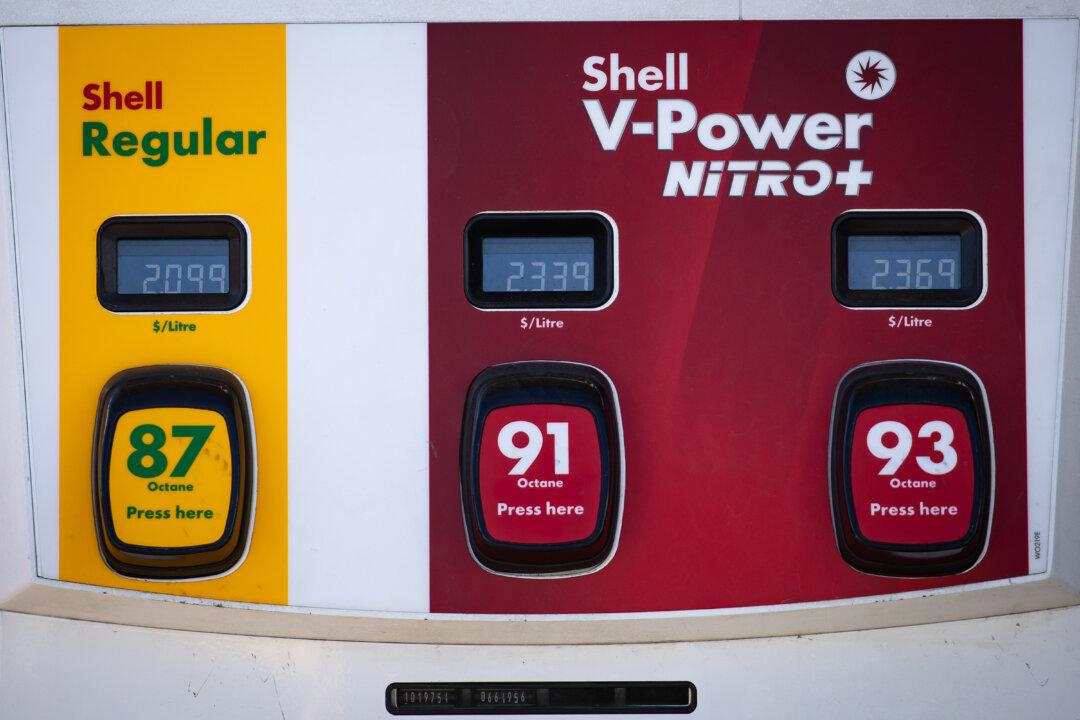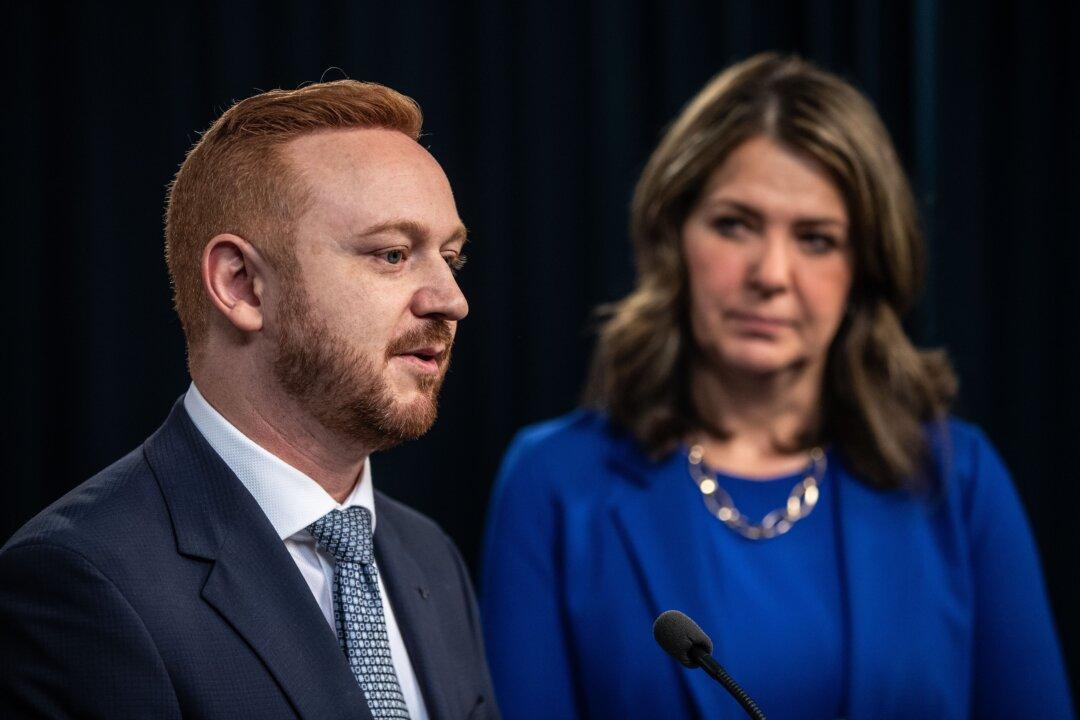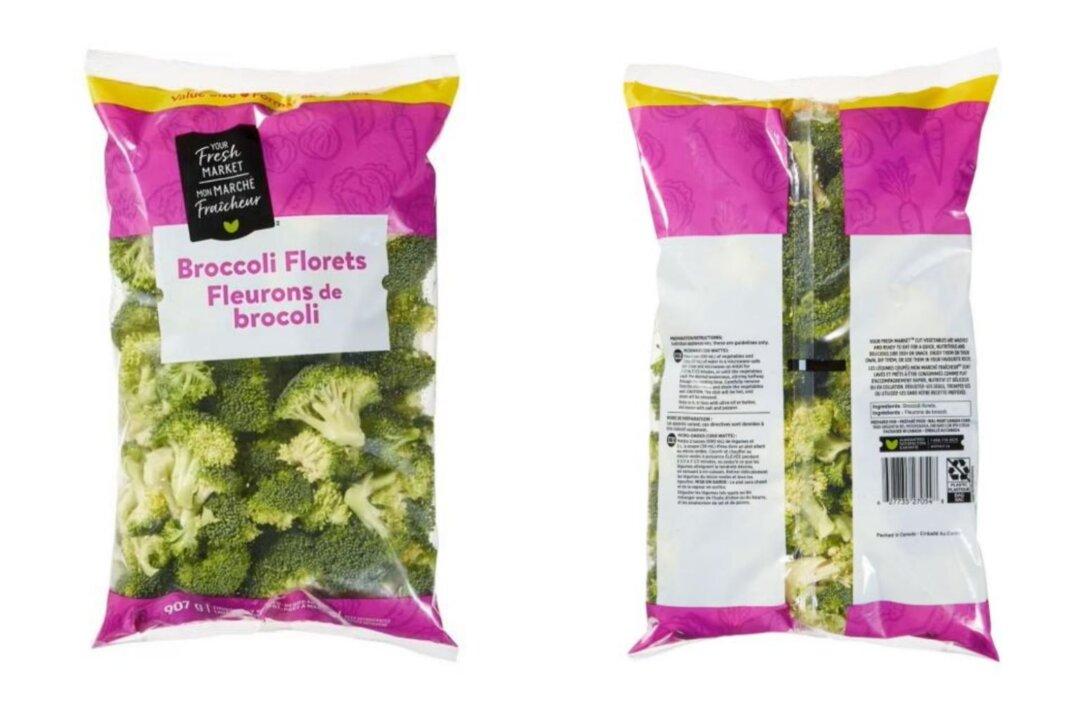Premiers from the prairie provinces are urging Prime Minister Justin Trudeau to suspend plans to raise the federal carbon tax in light of the surging energy costs being borne by Canadians.
In a joint letter sent to Trudeau on March 25, Alberta Premier Jason Kenney, along with Saskatchewan Premier Scott Moe and Manitoba Premier Heather Stefanson, called upon the prime minister to temporarily stop the application of the federal carbon tax hike on April 1.





